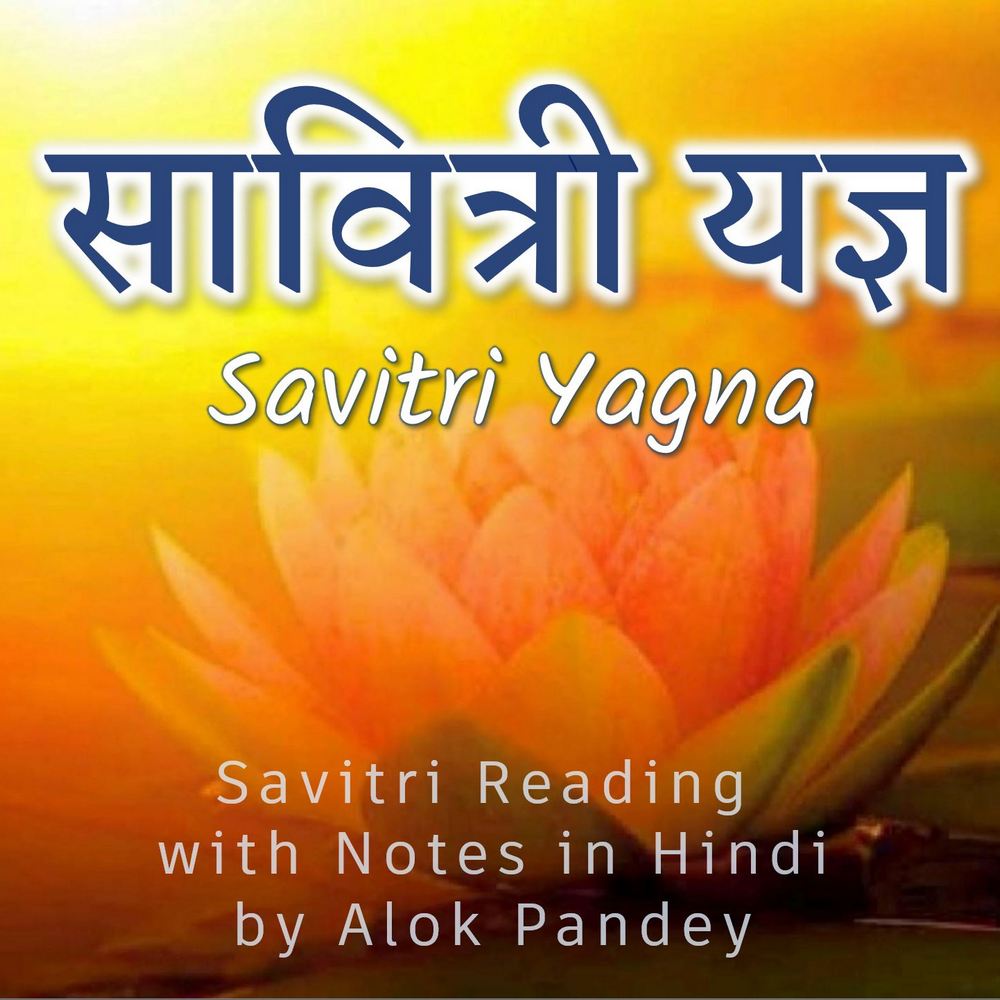Episode Transcript
The questions asked were:
1. According to Sri Aurobindo, who is the 'Supreme'? Does Sri Aurobindo refer to any specific form (Saguna) of the Supreme? Does he equate Vasudeva or Narayana, whom he mentions often, with the Absolute (Paratpara) Brahman?
2. In framework of the Gita, we come to understand that *not hankering after or craving for the fruit or result of action, complete non-attachment to action, and no sense of doership are the most important aspects of the already existing traditional Karma Yoga. How has SRI AUROBINDO enlarged the scope of Gita Karma Yoga by his supramental vision ? What are the new factors which he has added and contributed ?
3. What is 'original' Absolute? Is this different from the already-known concepts of Brahman, such as Nirakara and Nirguna Brahman?
4. In Sri Aurobindo's philosophy, this universe continues to exist even after Jiva's transformation. Besides, objects such as the Sun, Moon, Earth, and the material universe do not disappear. If this is the case, will there be no transformation of the material universe? Does it remain 'material' and 'inert' (Jada)? If the continuity of the 'material' and 'inert' universe remains, is it not true that the evolution remains incomplete to that extent?
5. If we accept the premise that once the individual souls (Jivatma) emanate from the Brahman, then the 'creation' begins, and the individual souls do not attain their union with the Brahman. In this case, we must accept that the 'creation'(Srishti) began at some point. By implication, this means there was no 'Srishti' prior to this 'creation.' Then, how can the 'Srishti' be called 'Sanatana'?
6. In philosophy, knowing the highest state a soul can attain is essential. In Sri Aurobindo's philosophy, what is a soul's highest state can attain? According to this philosophy, can the individual souls exceed the state of Devatas? Can they attain, for instance, the state of the Brahma (with four faces)?
7.When Sri Aurobindo says that this Yoga is done by God's strength, what does he mean?
8.When it is said that the Mother's Force must work through sadhak, what does this mean?
9.Buddha was termed greatest Karma Yogi by Swami Vivekananda. But, Buddha himself did not speak of God. Could there be any sadhana of Karma Yoga without any reference to God?
10. Is there any relationship between Karma Yoga and the present moment awareness?


